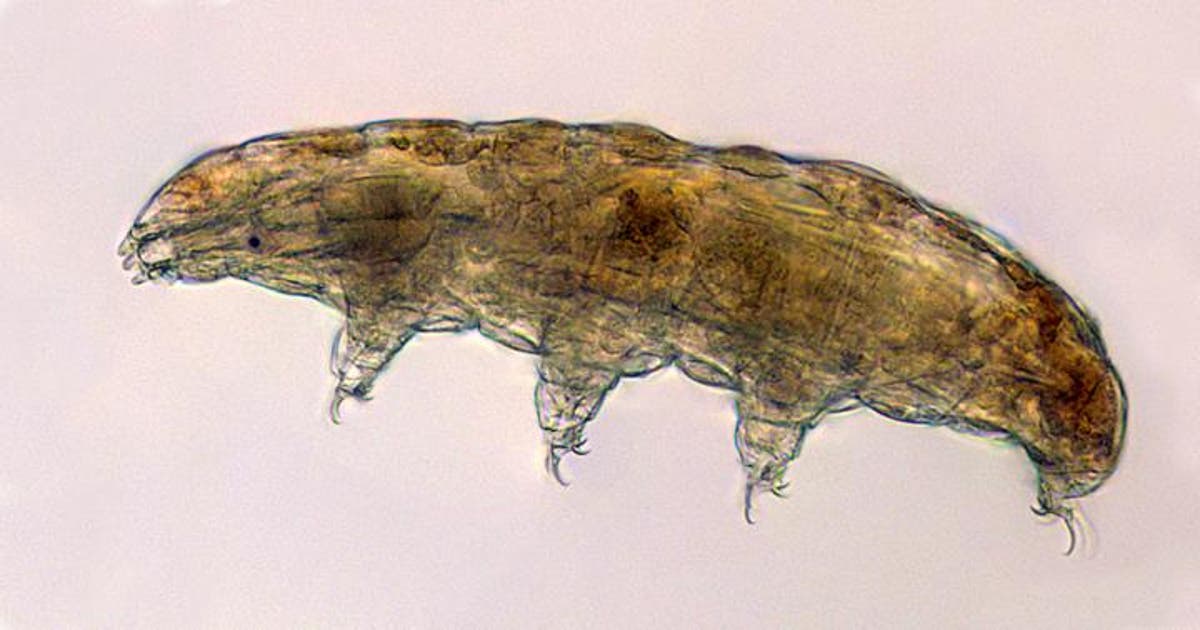Scientists have found that tardigrade proteins can slow down metabolism in human cells, an advance that could one day lead to technologies that slow the ageing process.
Tardigrades, or water bears, are one of the world’s most indestructible life forms, showing the ability to survive extreme conditions.
They can survive being completely dried out, frozen, heated to over 300 degrees Fahrenheit (150C), irradiated several thousand times beyond what a human can withstand, and even survive the vacuum of outer space.
Previous studies have shown that these creatures, measuring less than half a millimeter long, can enter a vegetative state to shield their bodies when exposed to extreme conditions.
Scientists have sought to find the exact mechanisms used by tardigrades to enter and exit from this state of suspended animation when they are faced with environmental stresses.
Now a research team led by the University of Wyoming (UW) in the US has found that the water bears use proteins that form gels inside their cells to slow down life processes.
When these proteins were introduced into human cells, they discovered that the molecules gel and slow down metabolism, just like in tardigrades.
Researchers also found that when human cells producing these tardigrade proteins were put into a state of suspended animation, the cells became more resistant to stresses.
The process, conferring some of the water bears’ abilities to human cells, was also found to be reversible.
“When the stress is relieved, the tardigrade gels dissolve, and the human cells return to their normal metabolism,” study co-author Thomas Boothby from UW said.
Previous research found that versions of tardigrade proteins can be used to stabilise an important pharmaceutical used to treat people with haemophilia.
The latest finding may lead to the development of new technologies centred on the induction of suspended animation in cells or even whole organisms to slow ageing.
It also provides additional evidence that proteins from tardigrades could eventually be used to make life-saving treatments available to people where refrigeration is not possible and enhance the storage potential of therapies like stem cells.

Dr. Thomas Hughes is a UK-based scientist and science communicator who makes complex topics accessible to readers. His articles explore breakthroughs in various scientific disciplines, from space exploration to cutting-edge research.







